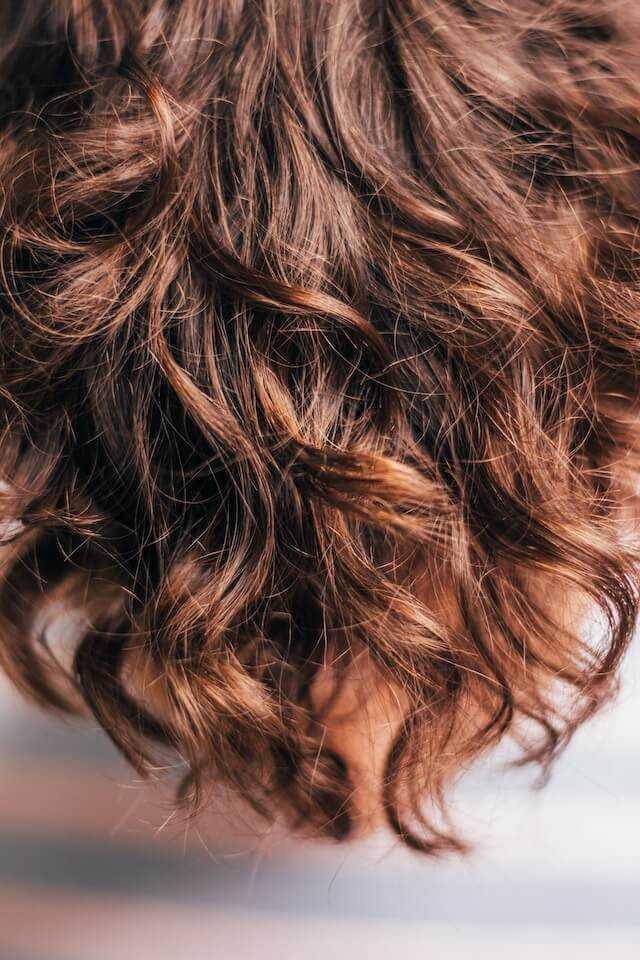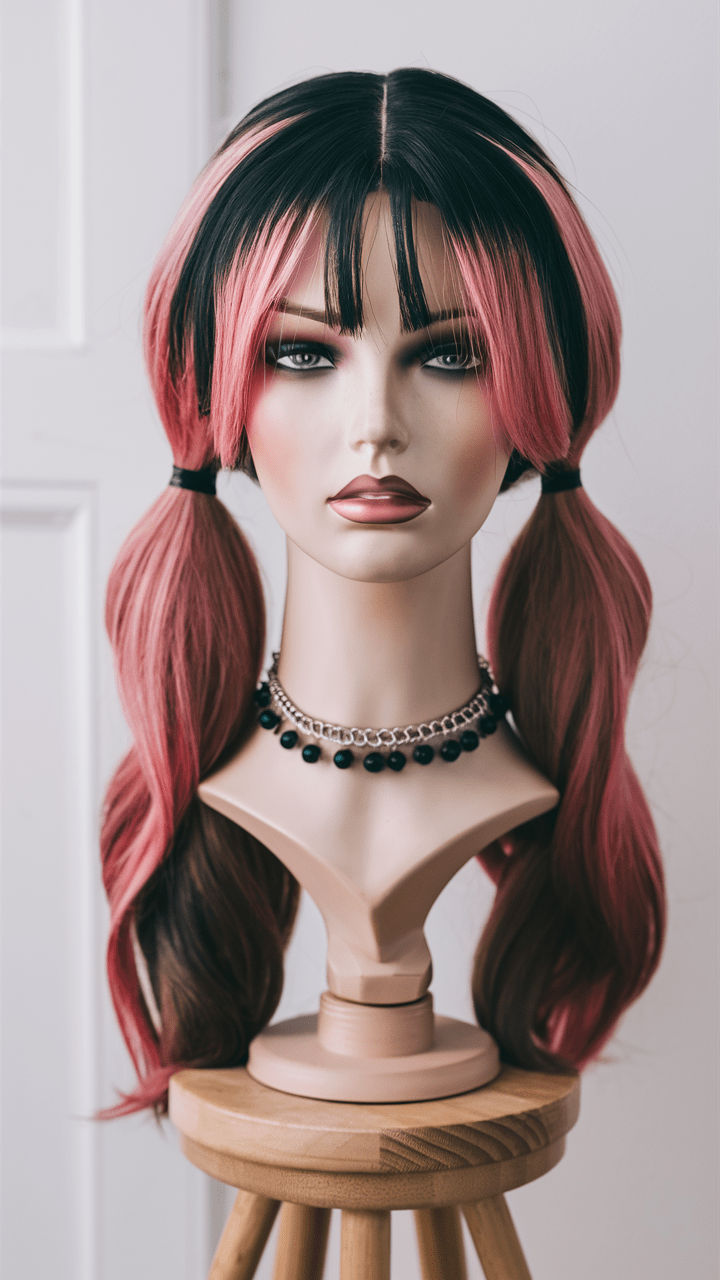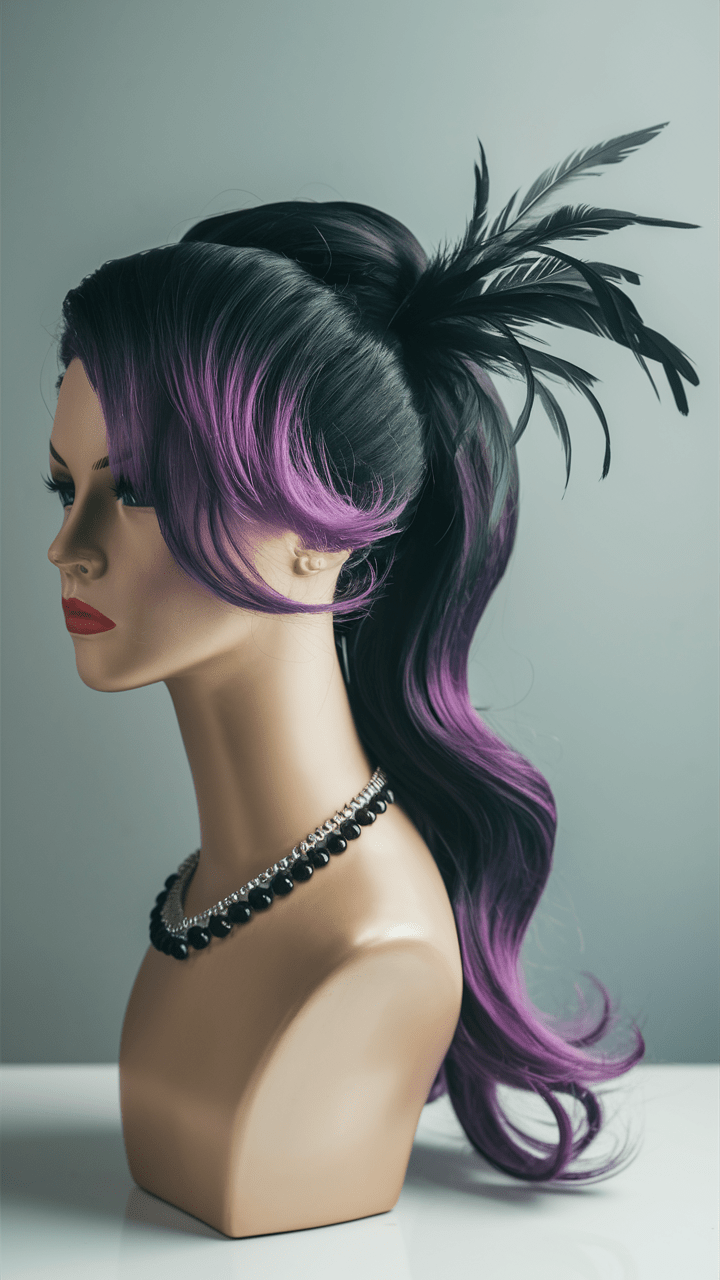5 Tips on How to Grow Long and Healthy Natural Hair
5 Tips on How to Grow Long and Healthy Natural Hair. Having long and healthy natural hair is a goal that many individuals aspire to achieve. While genetics play a role in determining hair length and texture, there are several essential tips that can help you optimize your hair growth and overall hair health. This…
5 Tips on How to Grow Long and Healthy Natural Hair. Having long and healthy natural hair is a goal that many individuals aspire to achieve. While genetics play a role in determining hair length and texture, there are several essential tips that can help you optimize your hair growth and overall hair health. This article will guide you through five practical tips to foster natural hair growth and maintain its vitality.
Understanding Your Hair Type and Needs
The first step in achieving long and healthy natural hair is understanding your unique hair type and its specific requirements. Hair types can vary from straight to wavy, curly, or kinky, and each type demands different care. Identify your hair’s characteristics and consider seeking advice from a hair professional to determine the best practices for your hair type.
Developing a Nourishing Hair Care Routine
A well-rounded hair care routine is crucial for promoting natural hair growth and maintaining its health. Here are two essential aspects of a nourishing routine:
Cleansing and Conditioning
Regularly cleansing your hair with sulfate-free shampoos removes dirt and buildup, creating a clean foundation for healthy hair growth. Follow up with a moisturizing conditioner to keep your hair hydrated and manageable.
Moisturizing and Sealing
Moisturizing your hair with leave-in conditioners or natural oils helps retain moisture and prevent dryness. Sealing the moisture with oils like coconut or jojoba ensures your hair stays nourished and protected.

Avoiding Harmful Hair Practices
Certain hair practices can cause damage and hinder hair growth. Here are two practices to avoid:
Heat Styling and Chemical Treatments
Excessive use of heat styling tools and chemical treatments can weaken your hair’s structure and lead to breakage. Minimize these practices or use heat protectants when necessary.
Tight Hairstyles and Excessive Manipulation
Wearing tight hairstyles like braids or ponytails too often can strain your hair and scalp, leading to hair loss. Additionally, excessive manipulation, such as combing and brushing aggressively, can cause damage. Opt for loose hairstyles and handle your hair gently.
Incorporating Nutritious Foods into Your Diet
A balanced diet rich in vitamins and minerals is essential for healthy hair growth. Consider incorporating the following foods into your meals:
- Protein-rich foods: Eggs, lean meats, and legumes provide the necessary building blocks for hair growth.
- Omega-3 fatty acids: Found in salmon, chia seeds, and walnuts, they nourish the scalp and promote hair strength.
- Vitamin E: Almonds, spinach, and avocados are rich sources that support healthy hair.
- Biotin: Sweet potatoes, eggs, and nuts contain biotin, which aids in hair growth.
Promoting Hair Growth with Scalp Massage
Regular scalp massages stimulate blood flow to the hair follicles, promoting hair growth. Use essential oils like lavender or rosemary during the massage to enhance the experience and potentially encourage hair growth.

Conclusion
Achieving long and healthy natural hair requires dedication and a well-informed approach to hair care. By understanding your hair type, adopting a nourishing hair care routine, avoiding harmful practices, incorporating nutritious foods into your diet, and promoting hair growth through scalp massage, you can significantly enhance the health and length of your natural hair.
FAQs: 5 Tips on How to Grow Long and Healthy Natural Hair
1. How long does it typically take to see results with these hair growth tips?
Results may vary, but with consistent care and adherence to the tips mentioned, you may start noticing improvements within a few weeks to a couple of months.
2. Can I still straighten or style my hair occasionally?
Yes, occasional styling is acceptable, but remember to use heat protectants and avoid excessive heat exposure to minimize damage.
3. Are there any specific vitamins or supplements recommended for hair growth?
While a balanced diet should provide most of the necessary nutrients, some individuals opt for hair growth supplements like biotin or hair-specific vitamins. Consult with a healthcare professional before starting any supplements.
4. How often should I wash my hair?
The frequency of hair washing can vary depending on your hair type and personal preferences. For some, washing two to three times a week may be sufficient, while others may prefer more frequent washing.
5. Can stress affect hair growth?
Yes, prolonged stress can impact your overall health, including hair growth. Practicing stress-reducing activities like meditation or yoga can be beneficial for your hair and overall well-being.









